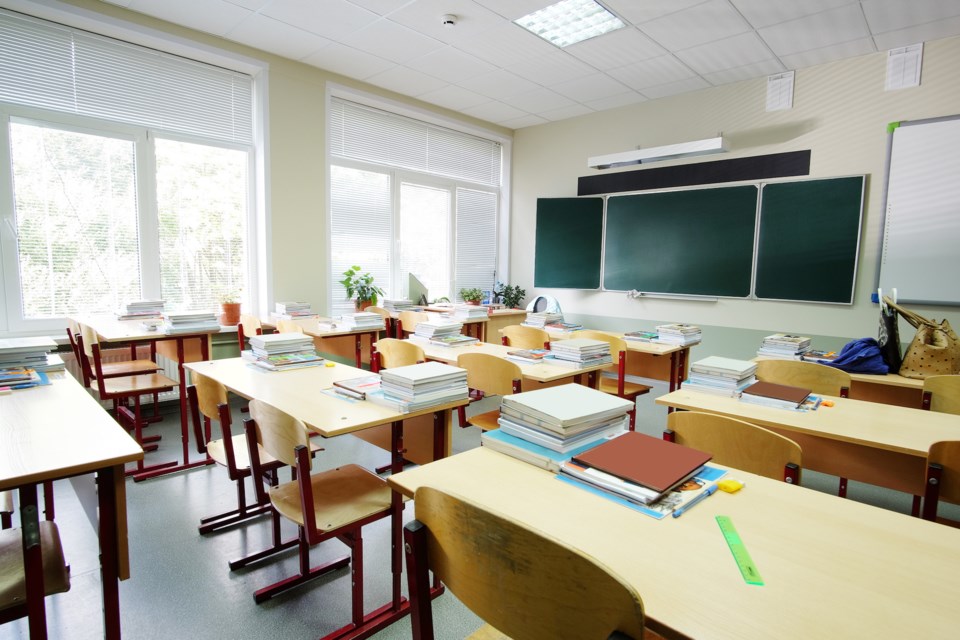Learning remotely presents an additional challenge to special education students and their families.
Charlene Lovelace told SooToday that is the case for herself as a mother and her 10-year-old son Zack, a special education student at Holy Family Catholic School.
Zack has been diagnosed as having Attention-Deficit / Hyperactivity Disorder (ADHD) and suffers from anxiety, Lovelace said.
The Sault mother said her son should be allowed to learn from his educators in class, as is the case with certain other special education students during the current Ontario government clampdown on Omicron variant transmission.
All elementary and secondary level students in Ontario won’t be allowed to return to class until Jan. 17 at the earliest.
“He associates school with school, home with home. He associates taking his medication with school. He associates his routine and everything else with school. Now he’s expected to be here at home and he can’t wrap his mind around ‘this is now school,’” Lovelace said of her son.
Lovelace said she has approached the Huron-Superior Catholic District School Board (H-SCDSB) administration about getting Zack back into his classroom at Holy Family, but with no success so far.
She said her son does not meet the board’s criteria for in-class learning during the current learn-at-home period.
While not at liberty to address specific situations, Joe Chilelli, H-SCDSB superintendent of education, said “the Special Education Department, with school administrators, collaborated to establish the list of students who could not be accommodated through remote learning…some profiles of students who meet criteria for in person learning include students who are medically fragile, non-communicative, blind and deaf.”
“During these shifts to remote learning, boards ensure that students with special education needs who are learning remotely are supported. Any accommodations in a student's Individual education plan that can be implemented virtually should continue. This means that the usual supports that a student would access at school, such as assistive technology, Educational Assistant support or counselling services, would be made available virtually. Parents are encouraged to contact the school principal with any questions they have related to online supports,” Chilelli said in an email.
“Principals are monitoring the progress of all students over this two-week period of remote learning in case adjustments need to be made,” Chilelli said.
Despite promises of support, Lovelace remains unhappy with the Ministry of Education and school board’s setting of criteria as to which special education students can access in person learning and who can not during the current COVID-19 restrictions.
“In the school’s eyes he (son Zack) is not that bad, he’s high functioning. How do they get to make the decision? The opportunity should be presented to the parents to make the decision,” Lovelace said.
“I recognize that for many students and families remote learning is not their preference and I am hopeful that we can all safely return to in person learning on January 17,” Chilelli said.
